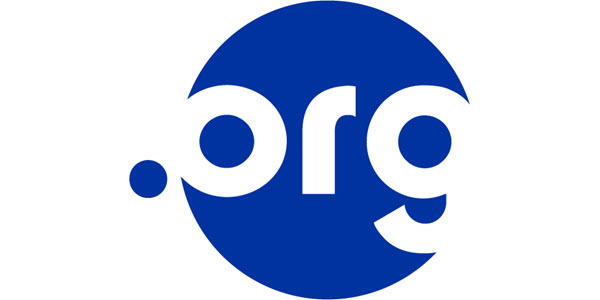Packet Clearing House sent a letter warning ICANN about the Operational Stability of the .ORG Domain.
In short they claim that unless prices are increased significantly (more than 10% as claimed) the buyer of the .org domain will not be able to make the projected profit unless there is a decreased operational spending. The decreased operational spending necessary for any commercial purchaser to break even would result in an increase from zero down-time to, on average, slightly more than three days without service each year.
Packet Clearing House said that three days per year of interrupted communications for millions of not-for-profit organizations would unacceptably damage the stability and functionality of the Internet, and more broadly of society globally.
Packet Clearing House believes that stability and functionality should be central to any consideration by ICANN of change of control or contract modifications in relation to the .ORG TLD.
Packet Clearing House finally said “As we demonstrate, the proposed transaction, or any financially-similar one, guarantees a disastrous effect on stability. Please do not approve it.” and “Please do not approve this or any other any transfer of control that cannot demonstrate the financial ability and commitment to maintain operational reliability of the .ORG domain.”
Here the part where Packet Clearing House explains some of the financials of this deal and the cost of operating .org:
If the .ORG domain is sold for USD 1.135B, wholesale price and number of domains remain unchanged over the remaining nine years of the delegation (USD 900M gross), and operational reliability is maintained (at a cost of USD 270M), the buyer would take a net loss of USD 470M, or -6.33% CAGR. Private equity does not purposefully enter into loss-making deals. We may therefore conclude that the above scenario is not the intended outcome of the proposed sale.
If the .ORG domain is sold for USD 1.135B, prices are increased by 10% annually (USD 1.357B gross), and operational reliability is maintained (USD 270M), the buyer would take a net loss of USD 47M, or -0.47% CAGR. So we may therefore conclude that this also is not the plan.
If the .ORG domain is sold for USD 1.135B, prices are increased by 10% annually (USD 1.357B gross), and operational spending is slashed by 99%, (USD 2.7M), the buyer would make a net gain of USD 220M, or 1.99% CAGR, while increasing down-time to more than three days per year.
1.99% CAGR is not a return for which private equity would typically take this magnitude of risk. The unavoidable conclusion is that any private equity buyer who spends $1.135B to buy the .ORG domain must not only increase prices by more than 10% annually, but also cut operational costs to the minimum levels we see available at the low end of the market, with disastrous consequences for .ORG registrants and the public who depend upon them.
The upper limit of any commercial transaction which retains current operational reliability without increasing pricing is USD 630M at 0% CAGR (which would not attract private equity), or USD 406M at 5% CAGR (which might), and ISOC has stated that they’ve already turned down many offers in this range as being fundamentally unappealing. We conclude that there simply does not exist a price which simultaneously appeals to ISOC, is commercially viable, and does not sacrifice the stability and functionality of critical core functions of the Internet.
Turning to the present mechanism by which the costs of operational reliability for the .ORG domain are met, it is worth remembering that the .ORG domain has been not only a domain for non-profits, but also a domain by non-profits. Of the USD 30.3M 2019 operational cost, 29M was met through tax-deductible contributions from PCH’s many donors, and 1.3M came indirectly from .ORG registration revenue. Under IRS tax law, tax-deductible donations to non-profits cannot accrue to the benefit of a for-profit. Therefore if .ORG is transferred to a for-profit entity, we cannot ask our donors to continue to subsidize its operation, 96% of .ORG’s current operational funding will disappear, and the reliability of its operation will sink from that of .COM and .NET to the least-common-denominator of commodity domains, which generally suffer several days of outage per year.
Here is the letter from Packet Clearing House to ICANN:
 OnlineDomain.com Domain Name News & Opinions
OnlineDomain.com Domain Name News & Opinions



We all know Ethos has no business buying .org, what adds insult to injury is them using the word “ETHOS” which means Character, to which they have none, as this is an insider job, people are protecting generational wealth, and payouts for a long time to come for people who sign off on this deal.
There is no ideology here for the advancement of .org, just pure profit, and greed, at it’s worst.
It is unbearable to see such rampant corruption present day with all the information we have at our fingertips, and stakeholders continue to look the other way.
Well said. And no, it could not have happened under continued US oversight. Not that we are not a cauldron of corruption here ourselves, just that it could never have flown under the radar or been “politically feasible.”
…including the price cap removals.